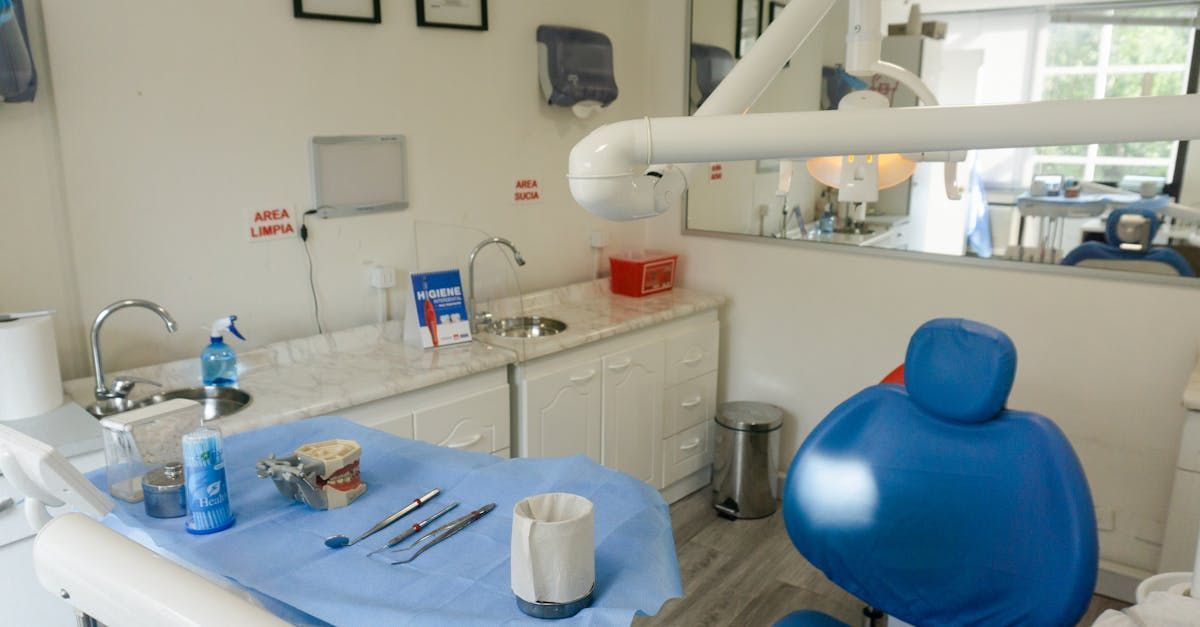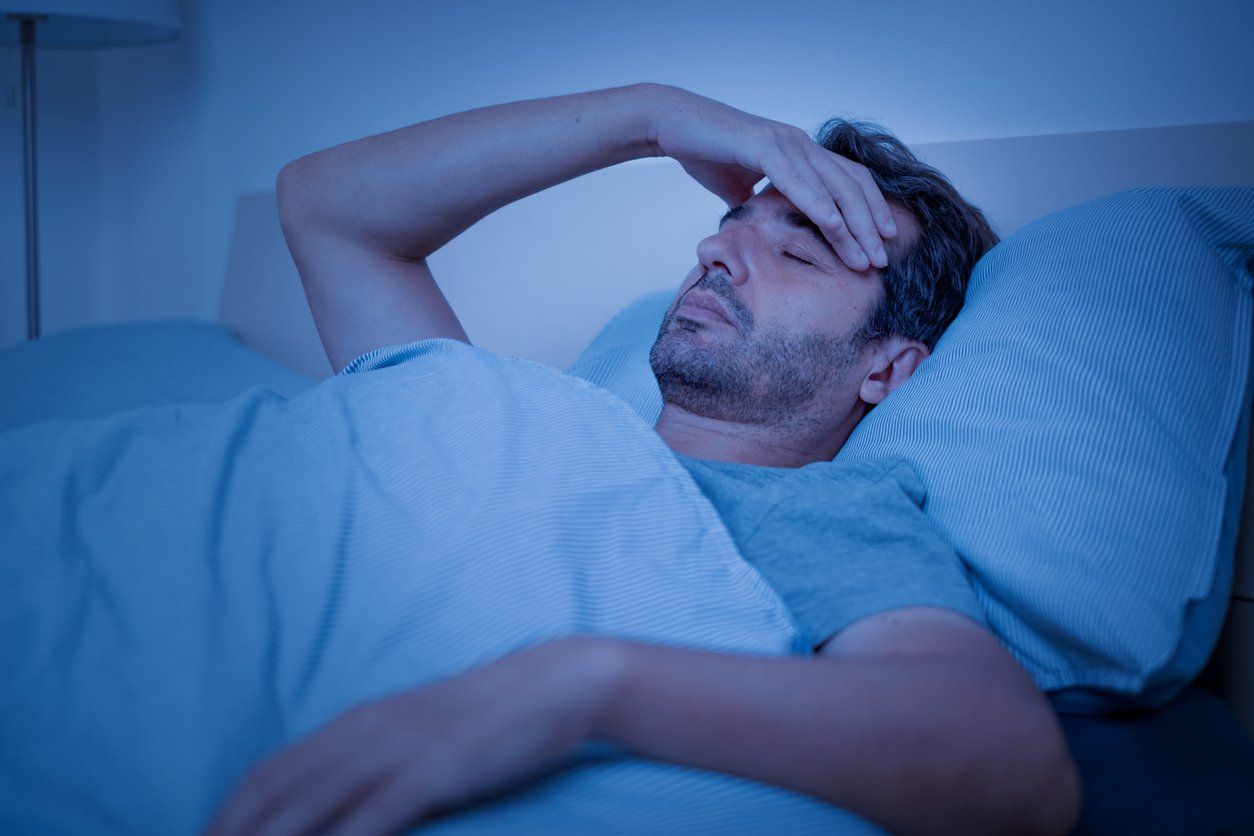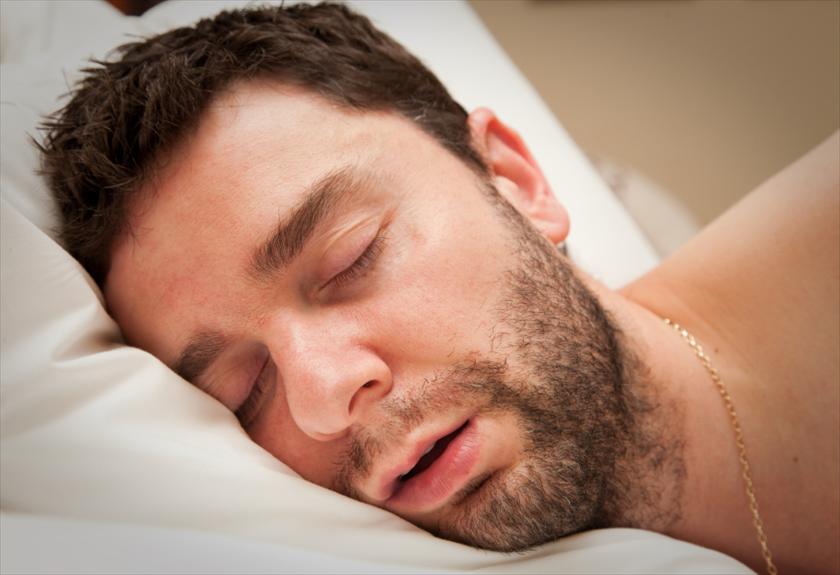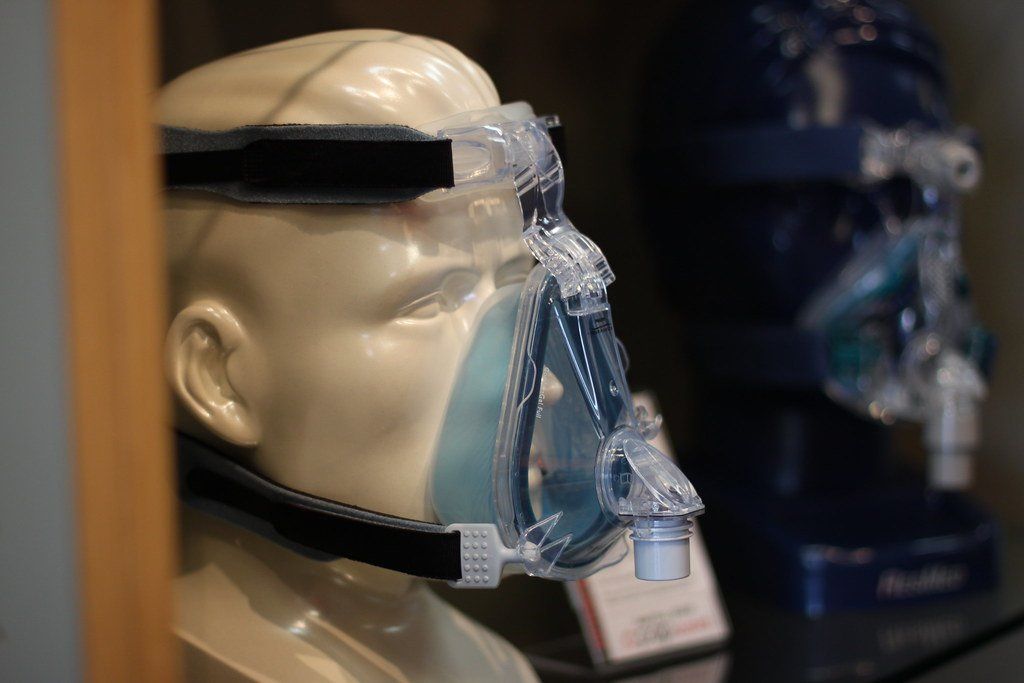TMJ Disorder: Everything You Need to Know to Relieve Your Pain
TMJ Disorder: Everything You Need to Know to Relieve Your Pain
Are you experiencing jaw pain, frequent headaches, or difficulty chewing your food? You could be dealing with temporomandibular joint disorder. In this blog post, we’ll tell you everything you need to know about this condition including what causes it, the different treatment options available, and actions you can take at home to help relieve your TMJ pain.
What Is the TMJ?
Your
temporomandibular joint (TMJ)
is one of two joints on either side of your face that connects your lower jawbone to your skull. Its name comes from the
temporal bone, which is the section of your skull around your ears, and
mandible,
or lower jawbone. This joint enables you to open and close your mouth to chew, speak, or drink—so if yours is in pain, it’s something that needs to be handled fast!
What Is TMJ Disorder?
Temporomandibular joint disorder (TMD), also called TMJ syndrome or TMJ dysfunction, is a condition that causes jaw joint dysfunction. It can affect one or both joints that connect your lower jawbone to your skull. This condition causes pain, stiffness, and discomfort in the TMJ and the muscles that control your jaw.
What Are the Common Symptoms of TMJ Disorder?
Not everyone experiences TMJ disorder the same way. Some people have very mild symptoms while others experience severe pain and discomfort. Common symptoms of TMJ disorder include:
- Mandibular joint pain
- Headaches or migraines
- Clicking or popping jaw
- Difficulty opening or closing jaw
- Neck and shoulder pain
- Earaches
- Toothaches
- Ringing in your ears (tinnitus)
What Causes TMJ Problems?
When it comes to any joint in your body, there are several factors that can cause pain or stiffness. The same is true for your TMJ. Some of the most common causes of TMJ disorder are:
- Arthritis
- Injury to the jaw
- Chronic bruxism (tooth-grinding)
- Dislocation of the jaw
- Obstructive sleep apnea (OSA)
- Overuse of jaw muscles
Can Stress and Anxiety Contribute to TMJ Problems?
Stress and anxiety can cause
a variety of health problems, from high blood pressure to migraines. This is because stress and anxiety cause your body to produce specific hormones that prepare you to take action—in other words, these situations cause a
fight-or-flight response. While these physical reactions can help in an emergency, experiencing the effects of stress hormones daily is not good for your long-term health. Not only can it contribute to TMJ pain, but it can negatively impact your immune system, your sleep quality, and your heart health. It’s important to consider
stress reduction techniques for TMJ disorder to avoid further health complications.
How Is TMJ Disorder Diagnosed?
Physicians and dentists can examine your jaw and determine whether TMJ disorder is causing your pain. This examination may include observation of your jaw movement, dental X-rays, and touching around your jaw to feel the movement of your TMJs while you open and close your mouth. Your healthcare provider may also ask about your medical history to confirm the diagnosis of TMJ disorder.
What Are the Available Treatment Options for TMJ Disorder?
When it comes to treating TMJ disorder, there are several different options available depending on your specific needs and comfort level. TMD treatment options can include:
- Over-the-counter pain relievers
- Prescription pain relievers
- Muscle relaxants
- Mouth guards
- Physical therapy
- Surgery
Most healthcare providers will start with non-invasive TMJ interventions to see if these relieve TMJ pain before suggesting more invasive treatment methods. Before starting any treatment, be sure to talk to your physician, dentist, or other healthcare provider to ensure you fully understand the risks and benefits of the treatment.
How Effective Is Medication in Managing TMJ Pain?
Anti-inflammatory medications can help relieve TMJ pain for a brief period, if needed. However, if the cause of your TMJ pain is never addressed, medication won’t get rid of the pain—it will only mask it. And to keep the pain at bay, you will have to keep taking the medication. This can be helpful if your TMJ pain is interfering with your life, but long-term use of pain relievers can
negatively impact your overall health. The best course of action is to seek treatment from a healthcare professional as soon as possible and ask about TMJ medication alternatives.
What Are the Potential Risks and Side Effects of TMJ Surgery?
Surgery should be considered a last resort for TMJ disorder. In fact, most physicians will advise against surgery as a treatment option unless your TMJ disorder is getting progressively worse or you have a specific medical condition that makes surgery your best option to restore the use of your jaw. This is because
TMJ surgery itself can lead to:
- Damage to nerves or tissue in your face
- Chronic pain
- Infections of the surgical site
- Reduced ability to open or close your jaw
- Deafness
Can TMJ Be Treated Without Surgery?
There are many non-surgical TMJ solutions that can be more effective than surgery, depending on the specific cause of your condition. For example, TMJ orthopedic treatments can help if your TMJ pain is caused by obstructive sleep apnea (OSA) or bruxism (nighttime tooth-grinding), which your dentist can treat with
specialized mouth guards. Splint therapy for TMJ disorder has also proven to be effective in treating this condition without the need for surgery. The added benefit of these options is that, as you progress through your treatment, you’ll not only handle your TMJ pain but the underlying cause of it, as well.
What Is the Role of Physical Therapy in TMJ Treatment?
Physical therapists are experts in the movements of the body. They help people recover from injuries and surgery, manage pain, reduce muscle or joint stiffness, and become more able to move their bodies confidently.
Physical therapists can help with TMJ pain the same way they help with any other type of body pain: through a specialized treatment plan of stretches, exercises, hot or cold therapy, massage, and any other technique they deem necessary. TMJ physical therapies are a great treatment option for those who don’t want to worry about the side effects of pain relievers or surgical treatments.
How Long Does TMJ Treatment Typically Take?
The amount of time it will take to fully handle your TMJ pain will depend on the cause of the condition and the type of treatment you receive. In some cases, TMJ pain can resolve on its own in a couple of weeks. In other cases, you may need to attend physical therapy sessions or wear an oral appliance for a few months to reduce the inflammation on the joint and relieve your pain for good. Your healthcare provider should be able to give you an estimate of how long your treatment will be.
What Lifestyle Changes Can I Make to Alleviate TMJ Symptoms?
One of the most common causes of TMJ pain is simply overworking your jaw muscles. Like any other part of your body, your jaw muscles and TMJ can get inflamed from overuse or having too much pressure put on them. This can happen if you frequently:
- Eat foods like raw vegetables, tough meats, or hard breads that require lots of chewing
- Chew your food exclusively on one side of your mouth
- Bite your nails or chew on a pen, pencil, etc.
- Rest one side of your jaw on your hand
- Clench your teeth from anger, stress, etc.
If any of the above actions are causing your TMJ pain, simply stopping those actions can help alleviate that pain and give your TMJ time to heal.
Are There Any Exercises or Stretches That Can Help with TMJ Pain?
In general, jaw exercises should be done after you have finished TMJ treatment and your pain is gone. This is because exercising an overworked joint can cause the pain to continue or worsen. However, there are stretches that you can do to help alleviate TMJ pain. Gentle
jaw and neck stretches can help loosen up the TMJ and surrounding muscles to help the inflammation go down and relieve pain. You can also try
massage therapy for TMJ relief ( We suggest to give anchor text to this keyword linking to URL
https://www.breathoflifedental.com/vivos-oral-appliances but its linked to external ) to handle the tightness and stress on your joints and alleviate pain.
Are There Any Home Remedies for TMJ Relief?
In addition to lifestyle changes and stretches, the best
natural remedies for TMJ pain relief are rest, hot or cold packs, and soft-food diets. These are great TMJ self-help techniques that can relax your body and ease the tension from your jaw muscles and TMJ to help relieve pain.
Are There Any Alternative Therapies or Complementary Approaches for TMJ Treatment?
There are several complementary therapies for TMJ pain. Research suggests there may be a link between
poor posture and TMJ disorder. As surprising as it sounds, the solution to your TMJ pain may be as simple as learning to sit up straight! You can always speak with a physical therapist or chiropractor about exercises and treatments to improve your posture to help relieve your TMJ pain.
What Can I Do to Prevent TMJ Problems from Recurring?
There are
several different jaw exercises you can do each day to strengthen the muscles around your TMJs. These exercises, coupled with the lifestyle changes mentioned above, can help prevent your TMJ from getting overworked or inflamed and thereby lower your risk of TMJ pain.
However, you should not do these exercises if you’re currently experiencing TMJ disorder. This is because exercising your TMJs when they are already inflamed can make the pain, stiffness, and other symptoms of this condition more severe. Wait until your treatment is completed and your pain is gone before you try these exercises. You can also speak to your healthcare provider about nutritional support for TMJ health and other TMJ pain management strategies.
When Should I See a Specialist for My TMJ Symptoms?
If you’re on the fence about whether your symptoms warrant a visit to the physician or dentist, you could try resting your jaw by eating softer foods, massaging your TMJs, or using ice to relieve some of the pain. However, you should schedule a medical or dental appointment if you’re experiencing:
- Persistent or worsening pain in your jaw
- Difficulty opening or closing your jaw completely
- Inability to focus because of the pain
It can be difficult to tell when you should seek advice from your physician or dentist about TMJ pain. The opinion that matters most on this subject, however, is yours. If you’re worried about TMJ pain or other symptoms you’re experiencing and want to get a professional opinion, you should schedule an appointment with your healthcare provider.
Is TMJ Treatment Covered by Insurance?
Many people worry that they won’t be able to find affordable TMJ treatments without very good dental or medical insurance. While some insurance providers may cover this vital treatment, you would have to check your specific plan to see if the treatment that is recommended for your TMJ disorder is covered by your insurance.
However, don’t let the cost of treatment stop you from getting relief from TMJ pain. Many healthcare providers offer discounts, payment plans, and other assistance to ensure their patients can get the care they need. Also, noninvasive treatments like oral appliance therapy and physical therapy are often much more affordable than most people realize.
Can Orthodontic Treatment Help with TMJ Issues?
Orthodontic treatment for TMJ can help if your symptoms are caused by orthodontic problems such as a misaligned jaw or uneven bite. Your dentist can work with you on a treatment to correct the problem and prevent TMJ pain from recurring. Jaw misalignment remedies, such as
oral appliance therapy using
the Vivos System, have been proven to reduce strain on the TMJ by properly aligning the lower jaw with the upper jaw. TMJ bite correction or jaw alignment is a fantastically simple treatment that can not only relieve your pain but prevent future TMJ problems.
Can TMJ Treatment Improve My Overall Quality of Life?
If you want to know how TMJ treatment can help you, ask yourself the following questions:
- Is your TMJ pain distracting, annoying, or unbearable?
- Do you have difficulty speaking or chewing that impacts your daily life?
- Have you been getting poor sleep due to TMJ pain or discomfort?
- Have you been unable to enjoy your favorite foods due to TMJ pain?
- Has your mood worsened because of the constant pain or discomfort?
If you answered “yes” to any of those questions, then you’ll be happy to know that those problems can be solved by TMJ treatment. By relieving the symptoms of TMJ disorder, you will be able to focus, speak, eat, sleep, and live without TMJ pain holding you back. No matter if your symptoms are mild or severe, treatment can handle your symptoms and bring you relief. A lack of pain definitely sounds like an improvement to your quality of life!
Contact Breath of Life Dental for More Information
If you have more questions about TMJ disorder or treatment, reach out to us at
(301) 818-2653 for a TMJ specialist consultation. Our expert team will be happy to help you get the relief you deserve.








